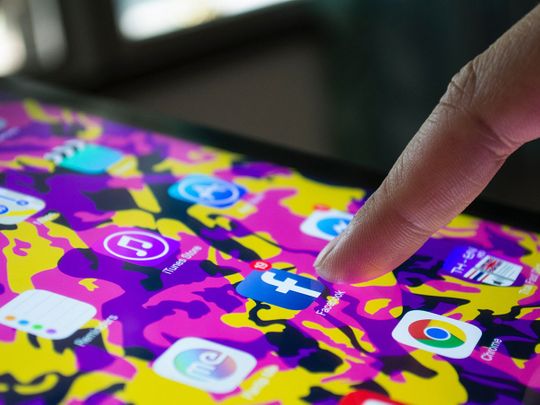
Last week, the government of India signed off on a joint statement by the G7 and guest countries encouraging the values of “freedom of expression, both online and offline, as a freedom that safeguards democracy and helps people live free from fear and oppression”. The statement also refers to “politically motivated internet shutdowns” as one of the threats to freedom and democracy.
This is ironical because while signing on to these lofty international statements protecting democracy and freedom, India uses laws like sedition and the anti terror Unlawful Activities Prevention Act (UAPA). Authorities have recently had confrontations with social media platforms like Twitter.
After the recent police action at their India offices, Twitter issued a statement saying “we are concerned by recent events regarding our employees in India and the potential threat to freedom of expression for the people we serve. ”We, alongside many in civil society in India and around the world, have concerns with regards to the use of intimidation tactics by the police in response to enforcement of our global terms of service,”
The case of Kashmir
Indeed, the irony of India signing on to the ‘open societies’ statement at the G7 is not lost on anyone. The internet shutdown in Jammu and Kashmir from August 5, 2019 was the longest ever internet shutdown in a democracy, with only some access restored after five long months and full access, including 4G data, restored a year and a half after the events of August 2019. According to InternetShutdowns.in, more than half of the 400 plus internet shutdowns India has seen since 2012, have been in Kashmir.
Then there is the UAPA, an over arching anti terror law that makes it extremely difficult for the accused to get bail. According to the Indian Express, Home Ministry data submitted to Parliament in March the year shows that 1126 cases were registered under UAPA in 2019, up from 897 in 2015.
This law has been used against student protesters. The most glaring example is the arrest of student — activists like Natasha Narwal and Devangana Kalita and Asif Tanha who spent a year in Tihar Jail under the UAPA for organising protests against the Citizenship Amendment Act (CAA) and the National Register for Citizens or the NRC.
In a scathing order, which should have come many months ago, the Delhi High Court this week granted bail to all three, ruling that “terrorist activity” cannot be broadly defined to include ordinary penal offences, essentially calling out the misuse of the UAPA.
Freedom of Expression
The court held that “the foundations of our nation stand on surer footing than to be likely to be shaken by a protest, however vicious, organised by a tribe of college students or other persons, operating as a coordination committee from the confines of a university situated in the heart of Delhi”.
And importantly, the court said “…it seems that in its anxiety to suppress dissent, in the mind of the state, the line between the constitutionally guaranteed right to protest and terrorist activity seems to be getting somewhat blurred. If this mindset gains traction, it would be a sad day for democracy”.
As the Delhi High Court order was cheered by civil society and independent media, the Supreme Court did not stay the bail order but expressed surprise that the Delhi High Court had gone in to the UAPA issue in such detail and said it must be examined.
Those comments have evoked a strong reaction from many lawyers who have lauded the High Court for its stand. Part of the reason India’s democratic credentials have been battered in recent years has been the failure of the judiciary and the media in being effective watchdogs.
The judiciary has been sluggish as sedition FIRs against journalists and citizens, and habeas corpus pleas piled up before it. It watched fundamental rights eroded in Jammu and Kashmir and did precious little to intervene.
It is only now that the courts have begun to find their voice, especially a number of high courts that have made terrific interventions to uphold democratic values. The top court is slowly coming to the same realisation.
Meanwhile the government says it is protecting free speech but is getting tough on social media platforms like Twitter. Yes, it doesn’t take much to sign international statements on upholding democracy but it is time for us to walk the talk.









